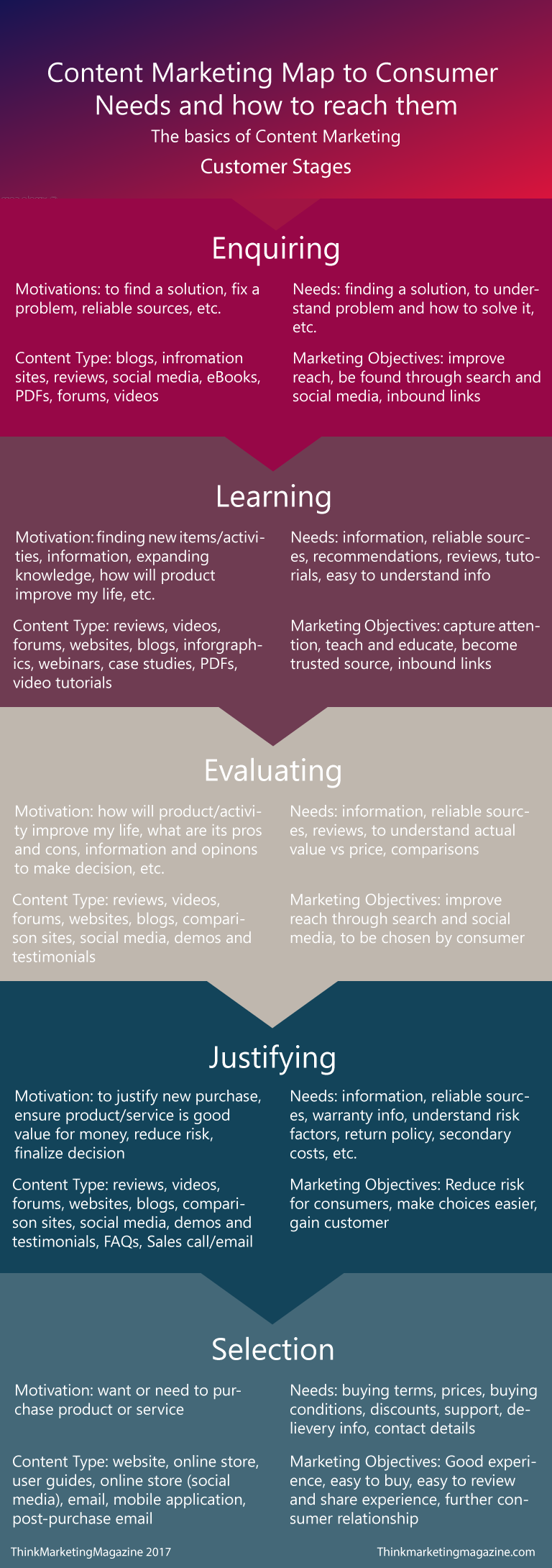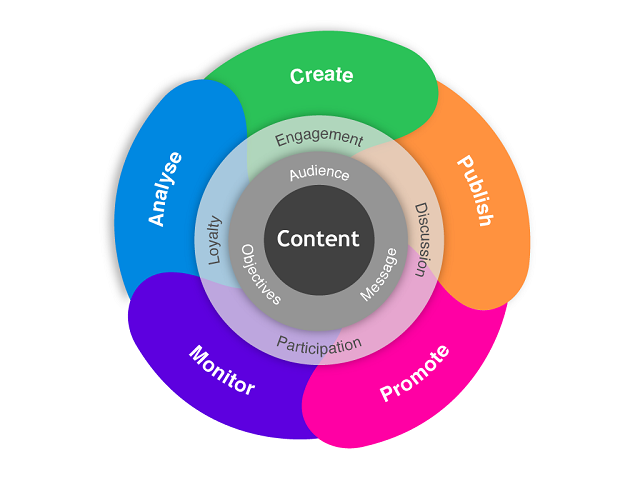A few years ago, Aberdeen Research (a provider of fact-based business intelligence research founded in 1988) released a research paper investigating how social media impacted PR and how companies reacted, through an integrated strategic marketing communications strategy and focus on their content strategy.
Aberdeen’s research showed, at the time, a growing trend in both content marketing and Public Relations. Now, the company’s newer researches show that 83% of marketers practice content marketing, not to mention there has been a spike in growth of PR companies specializing in content marketing.
Why integrate Content Marketing and PR?
The way we communicate has changed, but the people communicating have not.
- Advertisement -
Companies are integrating PR more into their marketing communications strategy because PR helps content get focused. Focused on the people, how to reach them and even how to talk to them.
Content marketing is the new way to reach out to potential consumers, if you can get people to see it. PR’s old communication tactics are slowly dying, with online communication platforms taking revenue from traditional media which PR exclusively worked with. This doesn’t mean that PR’s effects on people has changed, on the contrary, a strong PR strategy can still strongly reach potential consumers.
Putting together the ability to create content that can be seen anywhere and PR’s ability to ensure content and information is seen is a no-brainer. Working together means that the work reaches more people.
Content Marketing Guidelines and Tactics
Search and social are the primary gateways to consumers, with mobile being another, and quality content is the cost of discovery.
This concept has changed the way we deal and interact with consumers online, which has led to tremendous innovation across the marketing services industry. This is why many PR professionals and marketers have made it an important move to integrate content marketing.

Different consumers have different needs, content marketing is about finding how to create content for their needs
The content marketing strategy framework
Many people believe that content marketing is all about the content, while it is true that content is very important, taking the time to create a strong strategy and process will ensure your strong content actually goes anywhere.
Another key element of your framework that needs to be nurtured is a connection to, and conversations with, your consumers.

Digital Content Marketing wheel
The first step in developing a content strategy framework is understanding your business. Other than the usual marketing questions (revenue, most profitable product/services, etc), these are the questions to ask before starting a content marketing plan and strategy.
- The existing customer base
- Who are the company’s existing customers?
- How does the company currently attract customers?
- If the company’s marketing team has already done a market research survey, ask to see the results.
- Marketing considerations
- Understanding the existing content process
- What are the editorial guidelines (if there are any)? What is the internal process to get content approved?
- Who decides what type of content to produce?
- What types of content does the team currently produce?
- What are the company’s brand considerations?
Creating content doesn’t even have to be the main priority.
Depending on your business, curating content (sharing from other sources) can be an easy and cost-efficient way of getting customers to notice you. Although it is not the best way to use content to your advantage, it is a start.
Like to see more articles explaining content marketing? Interested in the new trend? Let us know in the comments below.








